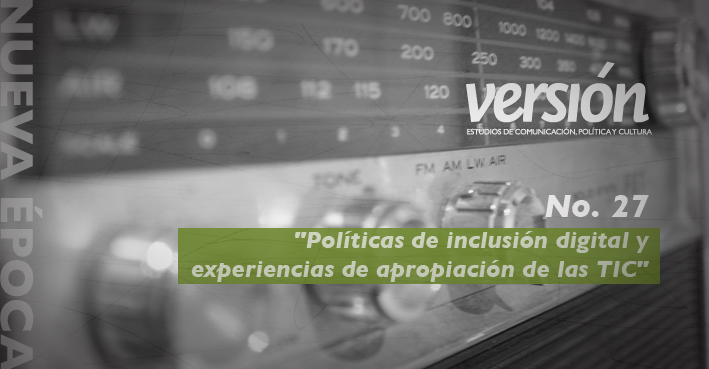La video vigilancia y el discurso de la seguridad
Hacia el proceso electoral del 2012
Resumen
El tema de la video vigilancia, sus procesos e implicaciones, tiene desarrollos importantes sobre todo en contextos donde su utilización es un componente básico de las políticas de seguridad. Este trabajo propone una aproximación en la que convergen los problemas relacionados con los usos políticos de las TIC y el diseño de estrategias discursivas para la construcción del consenso y la legitimidad del poder político en México en el marco del proceso electoral del 2012. En la actual crisis que vive el país y ante el tratamiento informativo de la situación de inseguridad, las tecnologías de registro y reproducción de la imagen representan instrumentos de legitimación del poder, del orden social y de la eficacia de la acción de gobierno quien, utiliza y transfiere a la video vigilancia el control sobre el espacio público. La seguridad representa el mayor reto para la gestión y la reproducción del sistema político, la video vigilancia es un recurso de alta rentabilidad en la búsqueda de consensos sobre la eficacia de la acción gubernamental.

